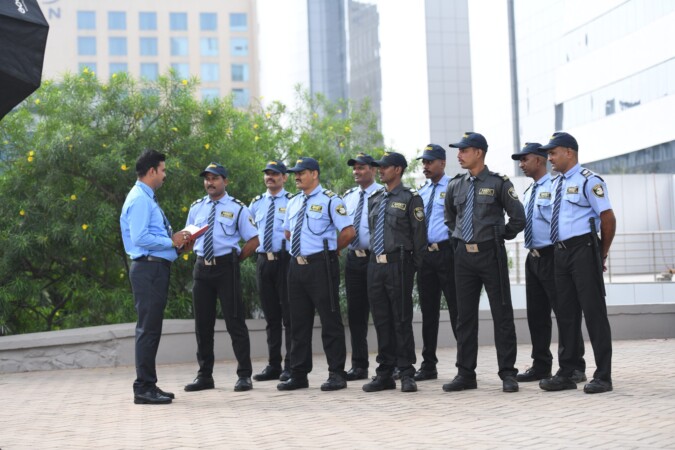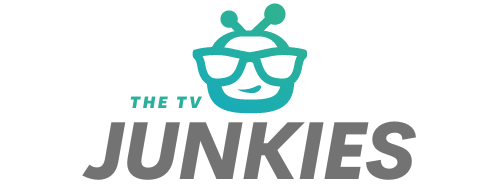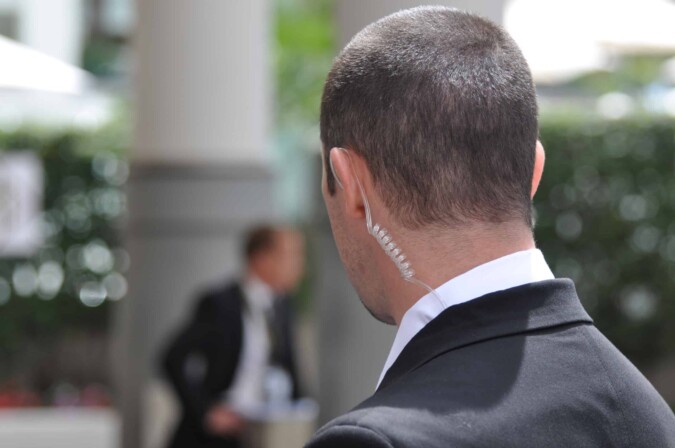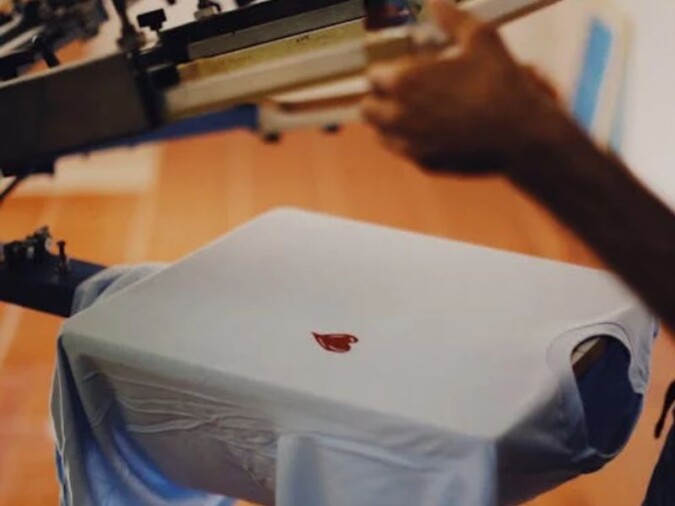Security work goes far beyond standing guard or responding to emergencies. It’s about developing a sharp mind, steady nerves, and a toolkit of skills that help you predict, prevent, and handle potential threats. Whether you’re managing physical security for a VIP or identifying risks in a workplace environment, the job demands preparation, focus, and quick thinking.
This article breaks down the key skills that set successful professionals apart, showing how observation, decision-making, communication, and adaptability build a strong foundation. The goal? Equip you with actionable tips to strengthen your skills and help you start or improve your journey in the security field.
Key Points:
- Learn tactical skills to prevent and handle challenges.
- Sharpen observation for quick threat detection.
- Make clear, fast decisions under pressure.
- Communicate effectively to de-escalate or manage situations.
- Stay adaptable to handle evolving threats.
Foundations of Training: Where to Begin

Every great career starts with quality training. A solid foundation in the basics ensures you’re ready for any challenge. Pacific West Academy, for instance, provides education tailored to developing tactically proficient individuals. They focus on more than physical techniques—social responsibility, strategic thinking, and adaptability are integral parts of their program.
At a reputable institution like Pacific West Academy, you’ll gain practical experience while learning to think critically. This combination prepares you for the dynamic, often unpredictable world of security work.
The Core Skills You Need
Observation as a Superpower
The ability to notice details others miss defines excellence in this field. Observation doesn’t just mean looking around. It means paying attention to behavior, environmental changes, and even subtle cues like tone of voice.
Think of it as building a mental radar. The goal is to see patterns, anticipate movements, and identify potential risks before they escalate. You’ll also want to stay calm and focused, even in chaotic environments, so you can interpret what’s happening with clarity.
How to Strengthen Your Observation Skills:
- Practice by watching crowds and spotting unusual behavior.
- Focus on nonverbal communication—body language often says more than words.
- Stay present and avoid distractions like your phone.
Decision-Making Under Pressure

In critical moments, hesitation can cost you. Making the right call in seconds comes from preparation and confidence. Successful decision-makers don’t freeze when unexpected situations arise—they assess the scene, prioritize what matters most, and act swiftly.
Preparation is key here. Drills and simulations teach you how to respond when seconds count. You’ll learn to assess threats quickly and make choices with confidence.
Steps to Improve Decision-Making:
- Break situations into manageable parts.
- Evaluate the most immediate threat.
- Rely on your training to guide your response.
- Review every situation to identify areas for improvement.
Communication: The Underrated Skill
Clear and effective communication often prevents escalation. Whether you’re talking to a teammate, a client, or a potential threat, what you say—and how you say it—can shape the outcome.
Words have power. Using clear, calm language ensures that instructions are followed and situations are de-escalated. You don’t need to shout to be heard; confidence and composure go a long way in gaining trust and control.
Tips for Effective Communication:
- Keep your instructions short and direct.
- Use a firm tone to establish authority.
- Stay calm, even when emotions run high.
Tools of the Trade

Technology: Staying Updated
Modern tools play a critical role in detecting and mitigating risks. Surveillance systems, alarm networks, and other tech solutions make work more efficient and accurate. However, knowing the tools is only half the battle. You must also understand their limitations and how to troubleshoot when things go wrong.
Stay current on emerging technologies. A well-rounded professional always keeps learning, adapting to changes in the field.
Physical Preparedness
Physical fitness supports mental readiness. Whether it’s managing long hours or handling physical confrontations, staying in shape ensures you’re ready for action. Strength and stamina help in emergencies and show professionalism to clients and peers alike.
Consistency matters here. Regular exercise, good nutrition, and rest are non-negotiable for anyone serious about their work.
Benefits of Physical Readiness:
- Increased endurance for long shifts.
- Improved ability to handle physical threats.
- Better focus and mental sharpness.
Adaptive Mindset

Why Adaptability Matters
Threats evolve constantly, and rigid thinking leads to failure. Staying adaptable means rethinking strategies, finding new solutions, and anticipating the unexpected. The ability to pivot quickly often determines success.
A professional mindset combines confidence with flexibility. You trust your skills but remain open to learning and improving. With practice, this becomes second nature, making you an invaluable asset in the field.
How to Develop Adaptability:
- Challenge your assumptions regularly.
- Train in diverse scenarios to prepare for unexpected challenges.
- Stay curious—always seek to improve and learn.
Ethical Responsibility: The Backbone of the Field
Success in security goes hand-in-hand with ethical responsibility. You’re not just protecting assets or individuals; you’re upholding trust. Whether it’s respecting privacy, following legal guidelines, or ensuring minimal harm in a situation, ethics guide every decision you make.
Clients and colleagues expect integrity. It’s the foundation for building long-term credibility. Situations may test your morals, but staying honest and professional ensures you remain respected in the industry.
Key Principles of Ethical Responsibility:
- Respect confidentiality and privacy at all times.
- Act within the boundaries of the law, even under pressure.
- Prioritize the safety of everyone involved, not just the client.
Without ethics, even the best-trained professional loses credibility. Remember, your actions reflect your values—and the industry depends on individuals who value trust and accountability.
Staying Ahead in an Ever-Changing Field

Continuous improvement is a requirement, not a suggestion. The best professionals never stop learning. Certifications, workshops, and advanced training refine skills and open new opportunities.
Staying ahead also means networking with peers, seeking mentorship, and keeping up with trends in the field. The goal is to remain sharp and versatile, ready for whatever comes next.
Conclusion
Becoming a top-tier security professional takes effort, but the rewards are worth it. Mastering observation, making quick decisions, and staying adaptable will set you apart. Build a strong foundation through proper training, develop key skills, and never stop improving.
Start your journey today by finding the right training program, and commit to sharpening your abilities every step of the way.





